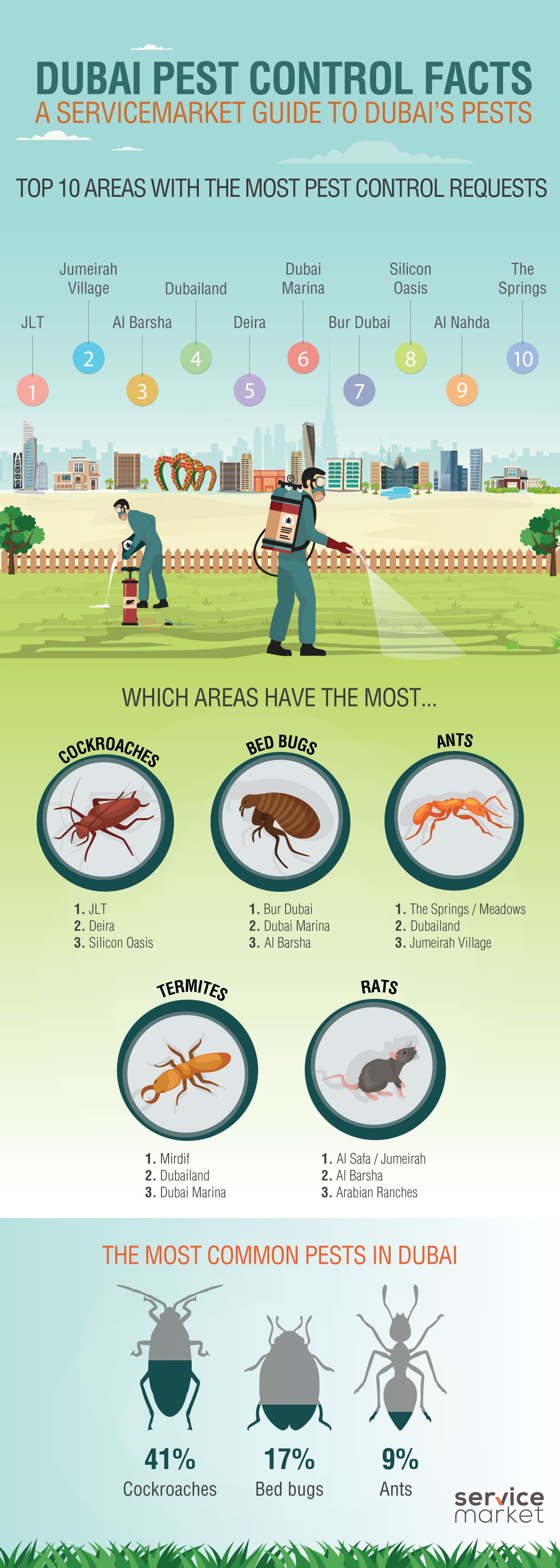Get Ready To Transform Your Garden Right Into A Pest-Free Place Utilizing These Creative Tips And Methods
Get Ready To Transform Your Garden Right Into A Pest-Free Place Utilizing These Creative Tips And Methods
Blog Article
Write-Up Author-Lambertsen Medeiros
Picture your yard as a haven, an area of serenity and charm. Nevertheless, cheap pest control near me of exterior pests can rapidly interrupt this idyllic photo. What happens if there were straightforward yet reliable methods to keep these undesirable visitors away and shield your garden oasis? By following a couple of useful tips and implementing natural strategies, you can produce an unified outdoor area where your plants can prosper uninterrupted.
Natural Bug Deterrents
To maintain bugs away from your garden normally, plant aromatic herbs like mint and lavender. These fragrant plants not only include beauty to your garden but likewise function as effective pest deterrents. Bugs like mosquitoes, flies, and also some garden-damaging pests are fended off by the strong scents sent out by these herbs. Merely positioning them strategically around your yard can help develop a natural barrier against unwanted bugs.
Along with mint and lavender, consider planting other herbs like rosemary, basil, and lemongrass to further boost your yard's pest-proofing capacities. natural flea treatment function as natural repellents however also have the included benefit of being useful in cooking or crafting home made solutions.
Strategic Plant Placement
Take into consideration the layout of your garden and the kinds of plants you have to tactically place them for optimum pest-proofing efficiency.
Start by organizing plants with similar resistance to pests together. By doing this, you can produce a natural barrier that discourages pests from spreading throughout your yard.
Additionally, placing pest-repelling plants like marigolds, lavender, or mint near more prone plants can assist protect them. High plants, such as sunflowers or corn, can work as a shield for shorter plants against parasites like bunnies or ground-dwelling pests.
Keep in mind to leave adequate room in between plants to boost air blood circulation and reduce the threat of illness that pests may carry.
Additionally, consider growing strong-smelling herbs like rosemary or basil near prone plants to perplex parasites' senses and make it harder for them to find their targets.
Effective Insect Control Techniques
For combating garden pests properly, implementing a multi-faceted parasite control strategy is important. Beginning by motivating natural killers like birds, ladybugs, and hoping mantises to help maintain insect populations in check. Presenting plants that bring in these useful bugs can help in pest control. Additionally, exercising good garden health by getting rid of particles and weeds where insects may conceal can make your yard much less friendly to undesirable site visitors.
Take into consideration making use of physical obstacles such as row cover textiles or netting to secure prone plants from parasites like caterpillars and birds. Applying organic pesticides like neem oil or insecticidal soap can additionally be effective against certain parasites while being less dangerous to advantageous pests and the atmosphere. It's essential to turn your plants each season to prevent the accumulation of pest populaces that target details plants.
Routinely evaluate your plants for indicators of insect damages so you can act without delay. By combining these approaches and staying alert, you can successfully control yard insects and appreciate a flourishing, pest-free garden.
Conclusion
So, there you have it - with the appropriate techniques, you can keep pesky outside parasites away from your garden and aid your plants prosper.
Did you recognize that planting mint has been shown to push back insects and various other bugs, minimizing the requirement for unsafe pesticides by up to 60%?
By including natural deterrents and wise growing methods, you can create an attractive and pest-resistant garden sanctuary for you to enjoy.
